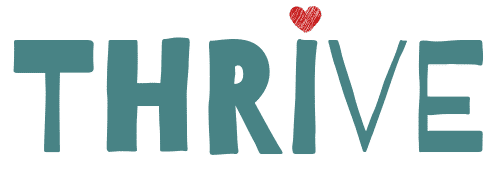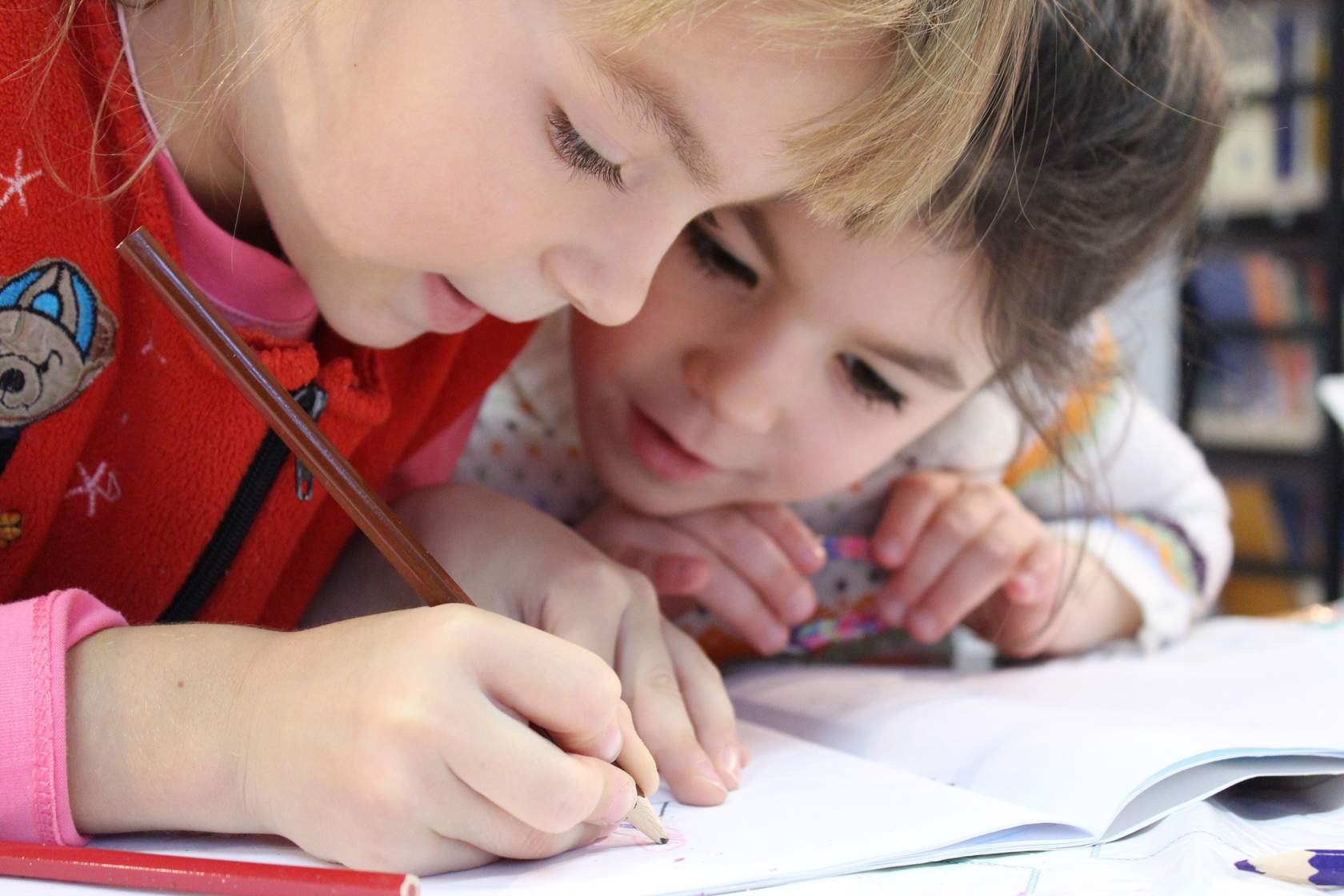THRIVE
Training Hope, wellbeing, and Resilience In Vulnerable Early school leavers
Overview and Objectives
Early school leaving is linked to a range of adverse life outcomes, ranging from unemployment, to social exclusion and poor health, and meeting the needs of early school leavers (ESLs) has been outlined as an urgent EU priority (European Commission, 2013). Second chance education settings cater for the needs of ESLs, by providing the opportunity for individuals to get back on track and avoid a multitude of long-term negative outcomes.
Adverse Childhood Experiences (ACEs) and trauma have been found to impact significantly on learning, and can compromise a learner’s capacity to benefit from education.
ESLs often have difficulty in establishing trusting relationships with teachers and adults, maintaining positive relationships with their peers, and in a substantial proportion of cases, have had to contend with significant instances of trauma in their lives. In addition, as a considerable proportion of ESLs in Europe are migrants, and, therefore, have likely faced childhood adversity (Baarnhielm, Labam, & Schouler-Ocak, 2017),
Approaches which are sensitive to the traumas of ESLs provide a valuable framework in which to understand and intervene with this group, and help to increase the ESLs’ motivation to remain involved with second chance education, through the cultivation of safe learning environments and positive learner-educator relationships.
The THRIVE training programme builds upon the expertise of those working with ESLs, and is informed by research in resilience, neuroscience, wellbeing and best practice around mitigating the effects of trauma, with the aims of improving the learning experiences of ESLs, enhancing their ability to benefit from education, training and employment opportunities, and promoting their overall resilience and wellbeing. Through the provision of training for those working with ESLs across the participating countries, these educators will be equipped to transfer innovative practices to second chance education settings at a national and EU level.
The project objectives were:
- To understand the emotional and social learning needs of students and the training needs of their educators in second chance education settings;
- To identify current best practice approaches to developing trauma sensitive educational environments and promoting resilience, wellbeing, and social and emotional competence in ESLs in second chance education;
- To develop an innovative training programme based on research in neuroscience and psychology, and best practice approaches to increasing resilience, wellbeing and social and emotional skills within a trauma sensitive educational framework, for staff working with ESLs, to increase their competencies in addressing the priority emotional and social learning needs of ESLs;
- To support the implementation by staff in second chance education settings of teaching and support interventions aimed at developing their learners’ resilience and wellbeing and helping them gain the skills they need to benefit from education, training and employment opportunities.
Activities/Outputs
The partners developed a consolidated literature review building an understanding of current trauma-informed provisions in second chance education settings across the partner countries. The partners conducted fieldwork with educators working with early school leavers exploring their perceptions and understandings of working with early school leavers who may have experienced trauma. Using findings from the fieldwork, together with research in neuroscience, positive psychology and trauma-sensitive education was used to inform the development of an innovative training package for second chance educators which strengthens capacity for trauma-sensitive education in second chance education settings and improves outcomes for early school leavers.
Impact
The THRIVE programme helps those working with ESLs to become more effective in their work, enhancing the overall experience of ESLs, and thereby improving educational outcomes, well-being and resilience, and increasing their employability and social prospects. Their increased competence will also help them progress at both a professional and personal level, having the following positive impact:
- Increase in job satisfaction, resilience level and positivity;
- Increase in well-being;
- Self-regulation ability, learn tools to handle stress better;
- Increase of engagement level, find more joy in their jobs and lives;
- Learn tools to empower ESLs and other faculty members;
- Become change makers in their schools and communities; and,
- Impact on teaching knowledge (acquisition of new or enhanced concepts and procedures, problem solving ability, social skills).
The skills and knowledge the staff will gain through the THRIVE project will serve to enhance the achievements and overall wellbeing of ESLs in second chance education. The net result of this training programme will be that the engagement of early school leavers in second chance education will increase, as will their prospects of gaining employment and progressing to further education. One of the main principles of positive education is to encourage and provide opportunities for students to consider their strengths and the impact they have on their lives.
Positive psychology interventions have been successfully implemented in a number of schools, seeking to support students who struggle to maintain positivity. Schools can benefit from the THRIVE project in many ways:
- Become more solution oriented;
- Reduce behavioural problems;
- Produce more leaders and successful citizens;
- Have healthier learners;
- Improvement of performance in schools, universities and future job roles;
- Enhancement of their competencies to combat unemployment and become resourceful to increase their employability opportunities.
Partners
The THRIVE project is proudly coordinated by ICEP Europe in Ireland, with the consortium comprising of institutions from five European countries:
CESIE (Italy), Verein Multikulturell (Austria), University of Malta, Association for Education & Sustainable Development (AESD) (Romania), Kildare and Wicklow Education and Training Board (KWETB) (Ireland), and ICEP Europe (Ireland).
Funding
This project is funded under the Erasmus+ Strategic Partnership Initiative


-
Project Duration
October 2018 – September 2020
-
Email for Project Contact
Mr Stephen Smith (Senior Research Officer, ICEP Europe)
[email protected]
-
Project Website:
https://www.thriveresearch.eu/
Access the THRIVE Training Materials:
www.thrivelearning.eu





